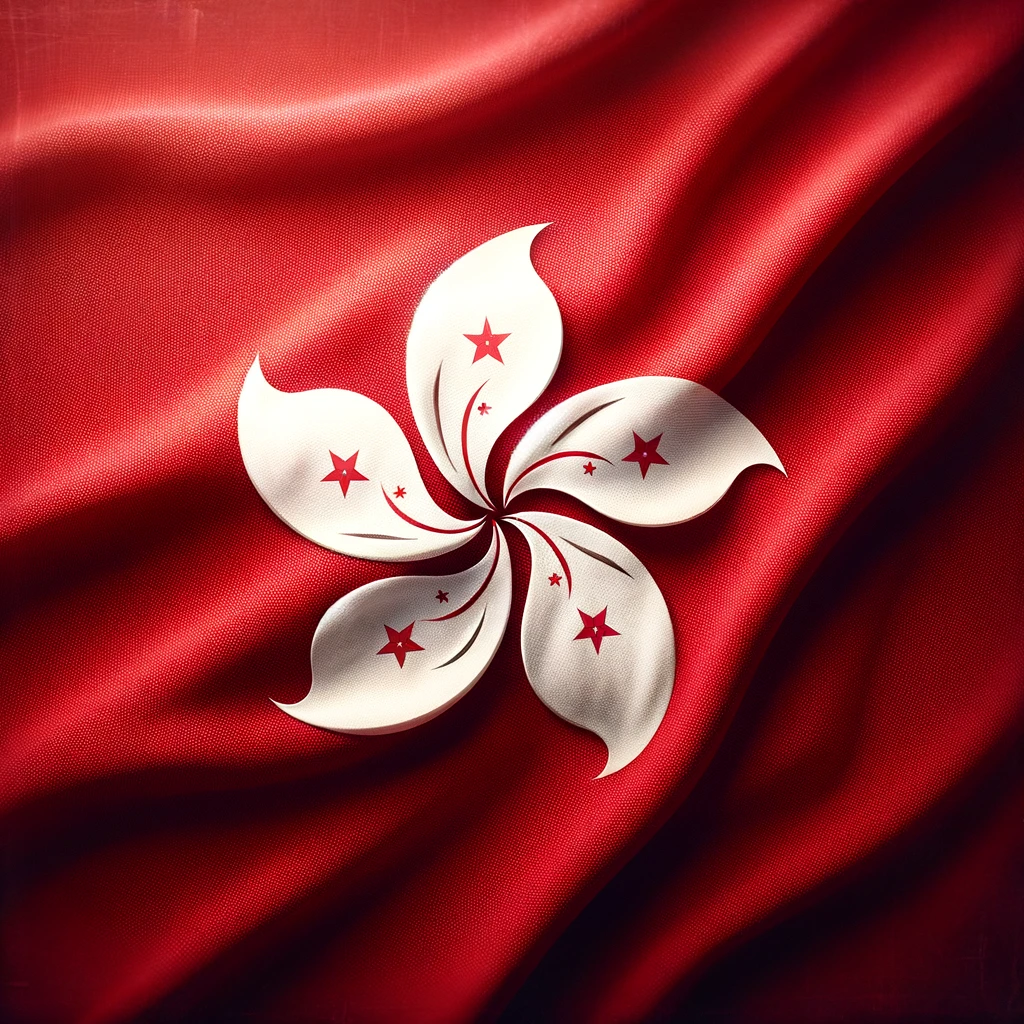At an event hosted by King’s College London, Professor Yang Gao shed light on the integration of artificial intelligence (AI) technology into space exploration, emphasizing its transformative potential in overcoming challenges inherent to venturing beyond Earth’s confines.
Innovations in space robotics and AI
Professor Gao underscored the multidisciplinary nature of space robotics, highlighting its reliance on advancements in terrestrial robotics, computer science, and space engineering. Such collaborative efforts are paving the way for innovations capable of enhancing astronaut mobility and establishing sustainable presences on celestial bodies like the Moon and Mars.
The event showcased the collaborative endeavors between space roboticists and scientists, resulting in the development of robots adept at deploying scientific payloads and conducting autonomous experiments in the harsh environs of space.
Notably, the addition of AI capabilities to robotic systems is poised to revolutionize future space exploration missions, enabling increased autonomy and operational efficiency.
In addition to technological advancements, the event delved into ethical and policy-making considerations surrounding space exploration. Discussions emphasized the need for comprehensive approaches that encompass technology, science, law, and ethics to ensure responsible exploration and utilization of space.
As the space race intensifies, addressing these issues becomes paramount to navigating the evolving landscape of space exploration.
AI’s role in enhancing operational efficiency
Furthermore, the panel explored how AI can enhance the operational efficiency and safety of space missions, as exemplified by the development of the panoramic camera payload for the European Space Agency’s ExoMars rover mission.
This project showcased AI’s potential in autonomously processing vast amounts of data from scientific payloads, thereby supporting both the scientific and engineering operations of the rover.
The event hosted by King’s College London and Professor Yang Gao marks a significant milestone in the discussion of AI’s future in space exploration. It underscores the potential of AI and robotics in transforming space exploration while emphasizing the importance of multidisciplinary collaboration and ethical considerations.
As humanity’s quest to explore the cosmos advances, the integration of AI technology promises to enhance capabilities, reduce risks, and open new frontiers for exploration.
By embracing the transformative potential of AI in space exploration, humanity stands poised to unlock new frontiers, paving the way for a future where the cosmos is within our reach like never before.





